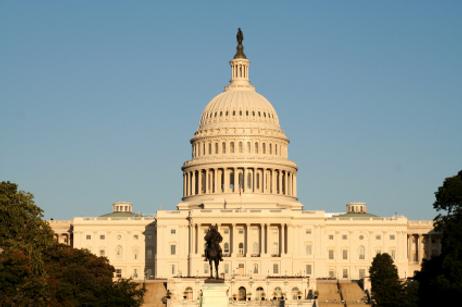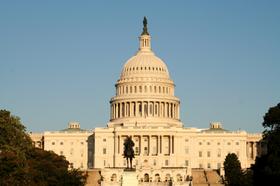Does your school avoid politics? You might want to make sure it does if you are set up as a non-profit corporation. If your school is exempt from taxes under the provisions of Section 501 (c3) of the Tax Code, it must refrain from conducting political activities designed to influence political elections. Consult your attorney if you are not sure what your school's IRS status is. To access Section 501(c)(3) of the tax code, you can visit the IRS page on exemption requirements for 501(c)(3) organizations. Here is the URL: https://www.irs.gov/charities-non-profits/charitable-organizations/exemption-requirements-501c3-organizations.
Intramural elections are exempt.
Putting up posters and holding rallies for student council president is not generally considered a violation of the 'no politicking' provisions of the law. Internal or within the bounds of the school community activities are acceptable. Read Rules for Exempt Organizations During an Election Year for further guidance.
This video offers an explanation of not-for-profit organizations and the 501 (c)(3) status with the IRS.
Politicking for local, state, and federal issues and candidates is forbidden.
In the current political climate, where emotions often run high and young people are increasingly drawn into the electoral process, it is crucial for schools to understand the boundaries set by their 501(c)(3) status. Politicking for local, state, and federal issues and candidates is strictly forbidden. This prohibition is not just a guideline but a legal requirement under the Johnson Amendment, which mandates that charitable organizations, including schools, must not participate in or intervene in any political campaign on behalf of or in opposition to any candidate for public office. Violating this rule could lead to severe consequences, including revoking the school's tax-exempt status or imposing excise taxes.
Therefore, it is essential for schools to clearly state their policy on political activities in the school handbook and enforce it diligently. The risk of someone filing a complaint with the IRS is real, and such a complaint could jeopardize the school's tax-exempt status, undermining its financial stability and reputation. Schools must remain vigilant to safeguard against these risks and ensure that all activities strictly comply with federal regulations.
Form 990 and Documentation
For schools operating under a 501(c)(3) status, meticulous documentation is not just a best practice—it's a necessity. The Form 990, an annual information return required by the IRS, is a critical component of this documentation. It provides a transparent account of the school's financial activities and compliance with tax-exempt regulations. Schools must ensure that all non-political activities are thoroughly documented and that any memberships in organizations potentially construed as lobbying are clearly delineated.
Before filing, it is imperative that legal and accounting professionals review these documents. This proactive approach helps identify and rectify any discrepancies, ensuring that the school remains in good standing with the IRS and maintains its tax-exempt status.
This video offers and explanation of the IRS Form 990.
Role of Legal and Tax Advisors
Navigating the complexities of IRS regulations and maintaining compliance can be daunting for any educational institution. This is where the expertise of legal and tax advisors becomes invaluable. These professionals provide guidance on the nuances of tax law and help schools interpret and apply regulations correctly. Before any reports are filed or made public on the school's website, these experts should thoroughly vet them. Such scrutiny safeguards against potential legal pitfalls and reinforces the institution's commitment to transparency and accountability. By involving legal and tax advisors in the review process, schools can confidently uphold their 501(c)(3) status while focusing on their primary mission of education.
Bottomline
No matter how tempted you may be to support one candidate or another in any extra-mural, i.e., outside the school, election, or political activity, don't do it under the school's name or auspices. You could put your school's tax-exempt status at risk.
Disclaimer: The author is not a tax attorney or accountant. Seek appropriate legal and accounting advice. The article is informational and not a substitute for professional legal or tax advice.
Questions? Contact us on Facebook. @privateschoolreview






















